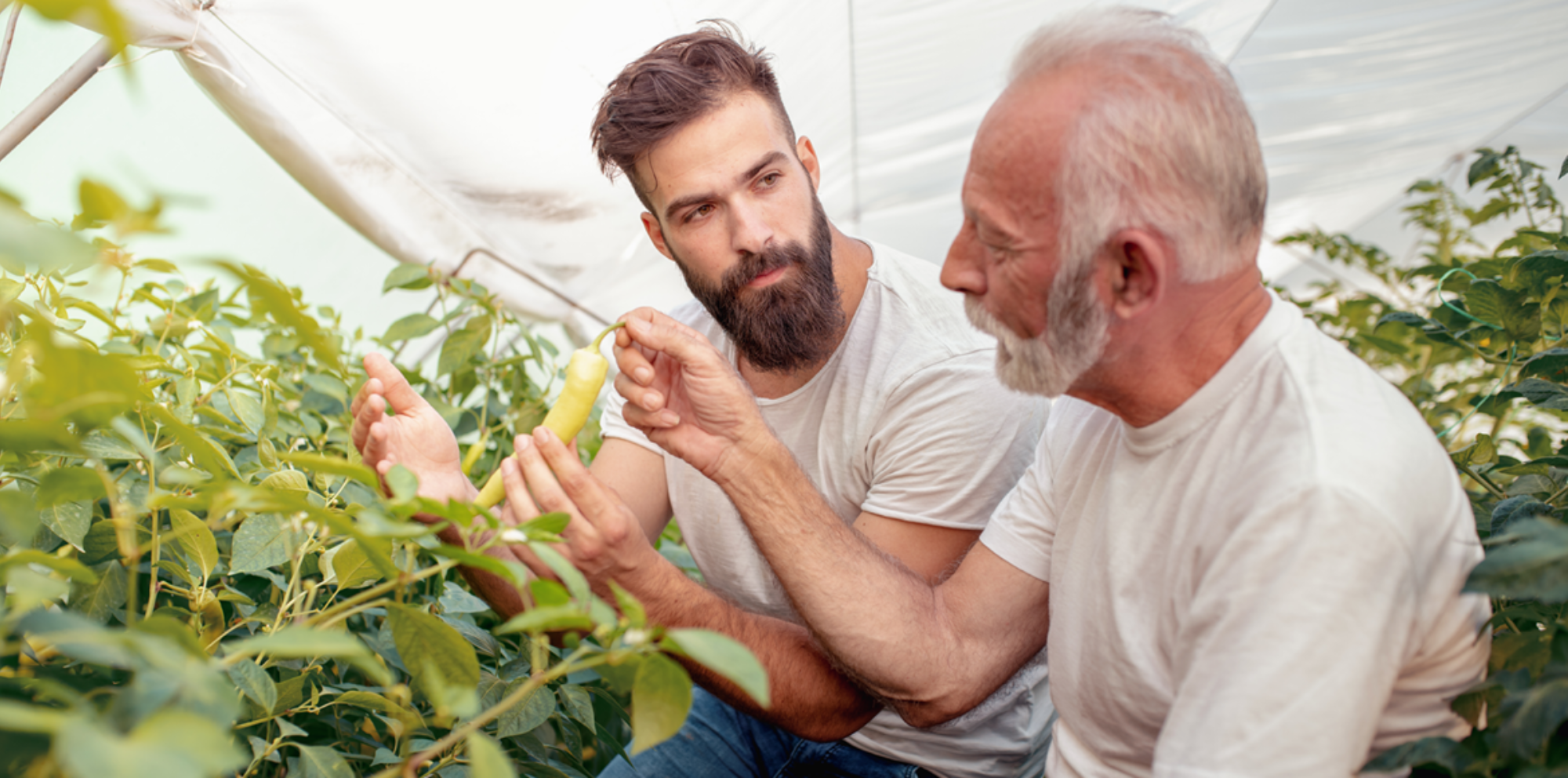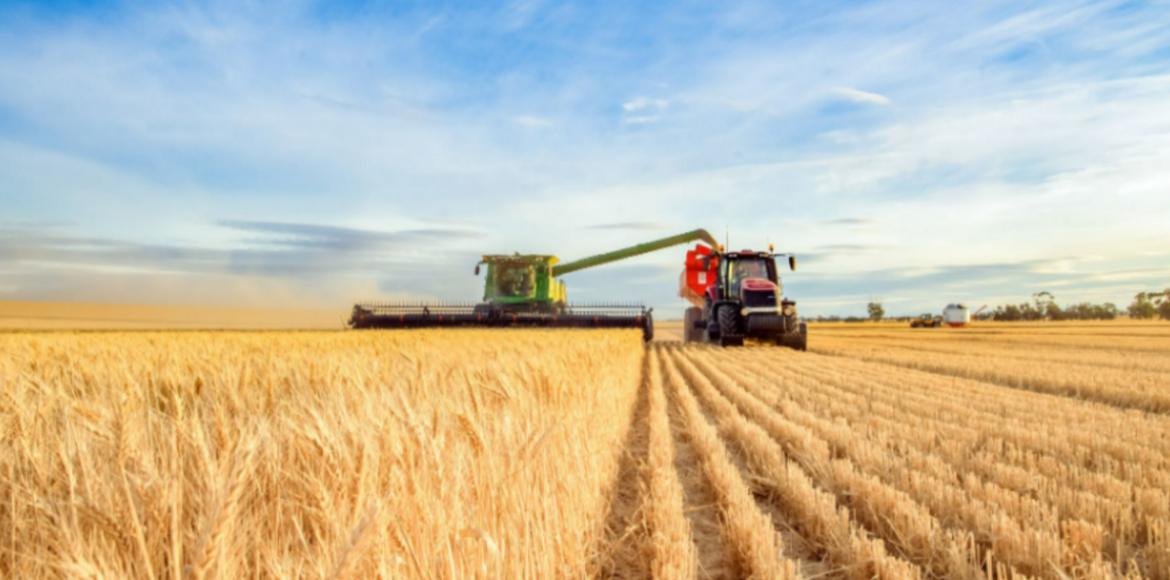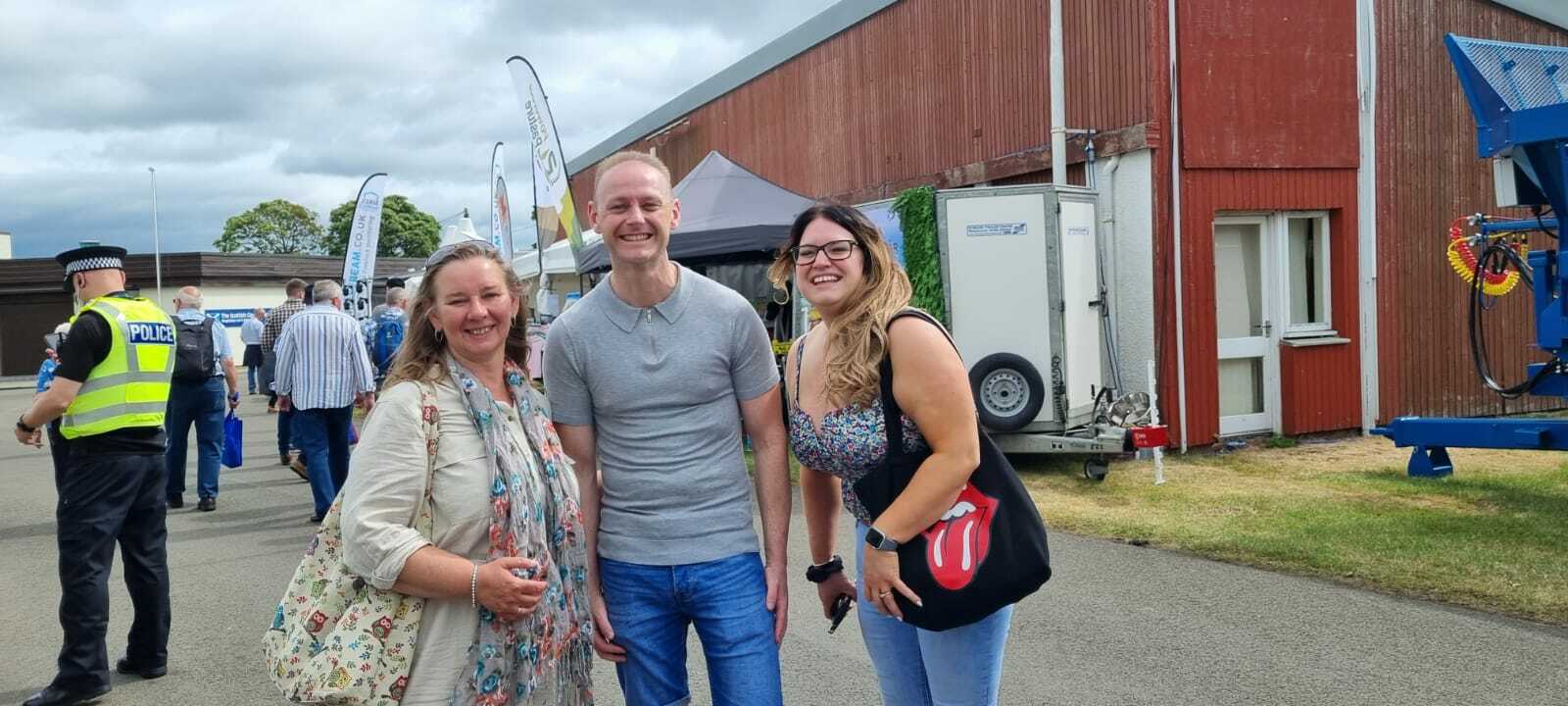By Malcolm Cawsey at ERS
The past six months have been turbulent times for the UK’s agriculture community, with persistent weather woes and Brexit uncertainty now compounded by the coronavirus pandemic, which is creating a spike in demand for local produce at a time when many farmers are already battling to keep to their existing schedules.
While many sectors of the UK economy are scaling back or shutting up shop entirely, farmers are having to work harder than ever. So it comes as a significant boost to hear that, in the past week, British workers have been applying in their droves to support farms and help feed the nation over the coming harvest season.
According to reports, thousands of people have already applied to plug the shortfall in seasonal agricultural workers from the European Union caused by coronavirus-induced travel restrictions – estimated at 70,000 additional labourers per year. It’s a much-needed boost for our agri sector, likely driven by a combination of layoffs in other sectors, people’s desire to contribute to the national cause, or potentially even a desire for jobs that offer access to nature and the outdoors, in light of the stringent stay-at-home social distancing policies introduced by the Government.
Our own recent research into the agriculture sector shows that the average UK fruit & vegetable farm employs 17 additional workers during peak season, emphasising the huge extent to which these farms are required to scale up at this busy time. Further, it’s hard to understate the importance of this year’s harvest. Not only will the UK require more home-produced fruit and vegetables due to overseas supply issues caused by coronavirus, but farmers will also be more reliant on income from produce than in previous years, due to the pandemic’s damaging short-term impact on the agri-tourism sector.
Our research also shows that agriculture business diversification is now widespread in the UK, with the proportion of income from non-agricultural activities highest on fruit & vegetable farms at 48%, compared to 44% on livestock farms and just 41% on arable farms. Many farms have diversified into agri-tourism, offering visitors the chance to pick their own produce and take it home or even enjoy a staycation on the farm. While agri-tourism will prosper again once the pandemic abates, it’s impossible to put a timeline on the sector’s recovery. In the meantime, some farms are reconstituting their tourist facilities as accommodation for seasonal employees who will have to travel into work from further afield – useful in particularly remote areas of the UK.
Making this year’s harvest happen will require unprecedented action from fruit & vegetable farms given that social distancing measures are likely to be in place throughout the season. Farmers will have to plan carefully and take decisive action to effectively deploy – and protect – their workers out in the field. Each farm will also be reliant on a small fleet of agricultural vehicles and machinery to keep operations moving at all times – from tractors and quad bikes to 4x4s and trailers.
We’re committed to supporting the insurance needs of farmers over the busy times ahead, helping them keep the show on the road and put food on the table of millions of UK households. To learn more about how agriculture and rural businesses can manage their costs and maintain their equipment as the nature of farming continues to evolve, download a copy of our new report, ‘Agriculture: The Changing Landscape’ If you’re looking for Agriculture motor insurance advice in these unprecedented times, please contact our specialist team agriculturequotes@ers.com






